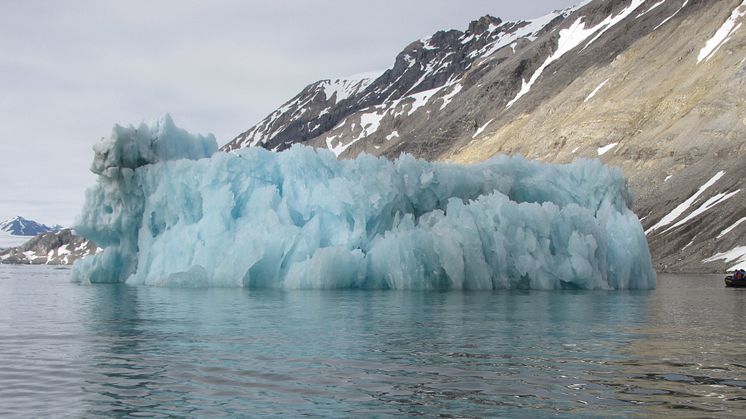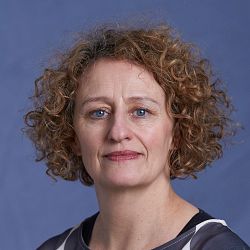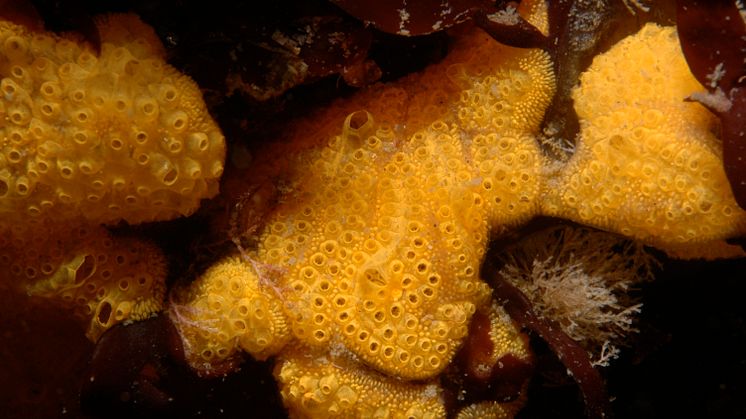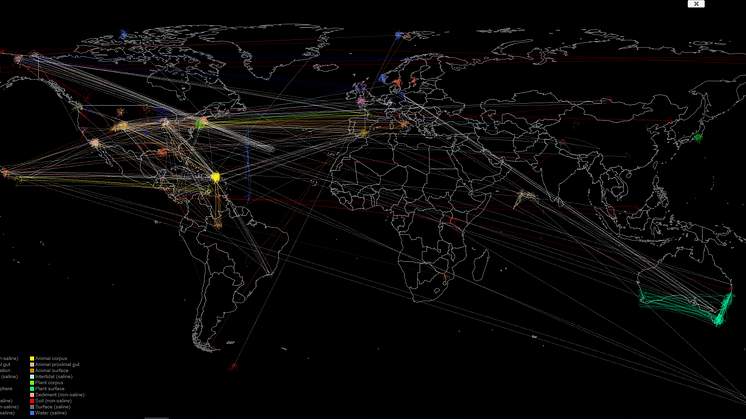
Nyhet -
New research in Nature Biotechnology expands the microbial "tree of life"
Akvaplan-niva is part of an international team of more than 200 scientists, led by scientists from the Joint Genome Institute at the U.S. Department of Energy, Lawrence Berkeley National Laboratory. The team has collaborated to identify and characterize the planet's microbial diversity and to create a genomic catalogue of Earth’s microbiomes.
This week the team published in Nature Biotechnology the Genomes from Earth’s Microbiomes (GEM) catalogue. Their efforts have led to an expansion of the known diversity of the planet's bacteria and archaea by 44%! The GEMs catalogue contains 52,515 metagenome-assembled genomes spanning 135 phyla collected from diverse habitats covering all of Earth’s continents and oceans, human- and animal-host associated microbiomes, engineered environments, and natural and agricultural soils.
"This work is a perfect example of big-data mining to gain a deeper understanding of the data and enhancing the value of data by making it publicly available", says Senior author Emiley Eloe-Fadrosh. The GEMs catalogue will greatly facilitate the investigation of evolutionary trajectories of eukaryotes and ancestral microbial traits. It creates new opportunities for mining for genes and functions of interest that will bring forth new developments in the health sciences and many other fields. It is also expected to further aid in the development of systems biology approaches and Earth-system models. Akvaplan-niva Research Manager, JoLynn Carroll, was involved in this research and contributed with Arctic samples to the catalogue. She states: "The elegance of this study is that it was done at a scale that individual laboratories cannot do and produced new knowledge that will continue to generate many more scientific discoveries and business innovation".


